From their garage hidden amidst the alleyways of Shibuya, to the neon-drenched streets of Benten-Cho, they ride high on the funky rhythms being streamed directly into their brains. They are the GGs, and when their story was first told on the Dreamcast, it brought the world the beautiful synergy of cel-shaded graphics played to Hideki Naganuma’s incredible soundtrack. It was a game that further cemented the Dreamcast’s place as the platform for artsy and innovative adventures, and while some aspects of its gameplay still frustrate slightly, Jet Set Radio is every bit as fun as it was back in the day.
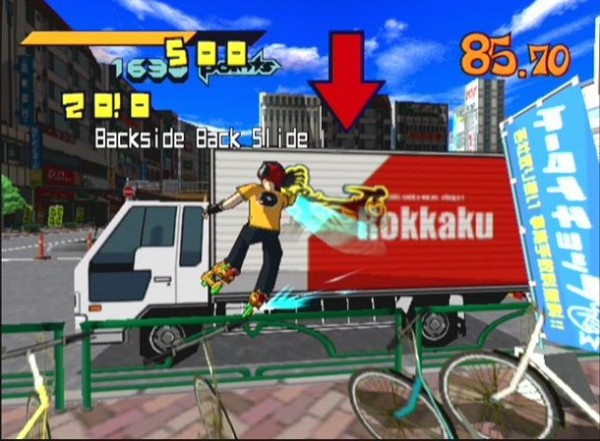
First thing’s first, though. Jet Set Radio happens to be one of the few Dreamcast titles which was graced with a high quality HD remake about a year and a half ago, and as our review will tell you, it was very much worthy of the original’s legacy.
Jet Set Radio happens to be one of the few Dreamcast titles which was graced with a high quality HD remake about a year and a half ago”
That version has become the definitive way to experience Jet Set Radio if you haven’t, or if you’re eager to play it again. The Dreamcast version, if you’re playing it using the system’s standard composite cables, looks incredibly muddy on an HDTV, and its small issues such as a sometimes wonky camera and instances of slowdown feel like a bit more of a nuisance today than they did back then, us now being in the age of dual analog sticks and fancy graphics processors, of course.
Its small issues such as a sometimes wonky camera and instances of slowdown feel like a bit more of a nuisance today than they did back then, us now being in the age of dual analog sticks and fancy graphics processors, of course.
But what made Jet Set Radio such a fun and inventive experience has stood the test of time, and the nostalgia of playing it on the Dreamcast itself might make its small flaws more forgivable. The three districts of Tokyo-to that you get to explore feel just as vibrant and filled with their own unique energy as they did upon the game’s release. Whether you’re skating through the bustling Shibuya-cho or grinding the rails up above the streets of Benten, or even soaking in the sun-drenched vibes of (admittedly my least favorite of the three) Kogane, each set of levels feels unique and very well-paced, with the police response becoming gradually more intense and ridiculous with each tag, and with just the right amount of songs on rotation that none ever gets stale.
The world on display here has a life to it that those of many games, including its sequel, don’t quite manage to capture.
The gameplay feels inspired in part by the very arcade-y ways of the industry in the late 1990s. You’re given a time limit, a section of city, and the job to spray graffiti over those of your rival gangs, fighting the police presence and engaging with both friendly and not so friendly rivalries along the way.
The gameplay feels inspired in part by the very arcade-y ways of the industry in the late 1990s.
The ability to accept challenges and add characters to your roster is fun if for no other reason than to see what each new character does to chill in the Garage between levels, though every character also plays differently enough that it shakes things up to alternate between them. You can add new graffiti designs both by creating your own or by collecting new ones throughout the game’s various areas, and it’s cool to see these designs covering the environments as you play.
The soundtrack still sounds like almost nothing else, having aged incredibly well and making me wish we had more video games that sound like this. The storyline, which advances through narrations done by Jet Set Radio DJ Professor K as well as the character Combo, manages to balance the game’s humor and craziness with a small sense of darkness that keeps you playing.
The soundtrack still sounds like almost nothing else, having aged incredibly well and making me wish we had more video games that sound like this.
Though it’s a source of some debate among the game’s fans, a detour into Bantam Street and Grind Square, complete with a focus on new characters and the music of Rob Zombie, Jurassic 5, and Cold, among others, still to me feels like one of the game’s most intriguing bits, and even to this day it holds up incredibly well, providing a penultimate chapter of foreign intrigue before all shit goes down in the final levels.
Jet Set Radio was a game very much about style, but beneath its crazy soundtrack and inventive graphics was also a good amount of substance. The controls can feel a bit loose at times, both of your main character and the camera, and collision detection and the many instances of pop up and slowdown in this original Dreamcast version isn’t necessarily the greatest. Other than these flaws though, it’s a game that’s held up remarkably well, and it’s one that remains a must-play for SEGA fans who haven’t yet experienced what this great adventure has to offer. The HD version might be the best way to play Jet Set Radio these days, but if you just want to break out your old Dreamcast again, you can’t go too wrong with this awesome game.
Positive:
- Incredible soundtrack
- Fun and fast-paced gameplay
- Levels that all feel different yet share the same incredible energy
- Professor K remains as cool a character as ever
Negative:
- Graphics are pretty muddy unless played on an SDTV or with a DC modified for HDMI
- Loose controls and iffy collision detection
- Some frustrating bosses
- Pop-up, load times, and slowdown
“As fun a game to revisit as ever before. One of the Dreamcast’s defining titles. “

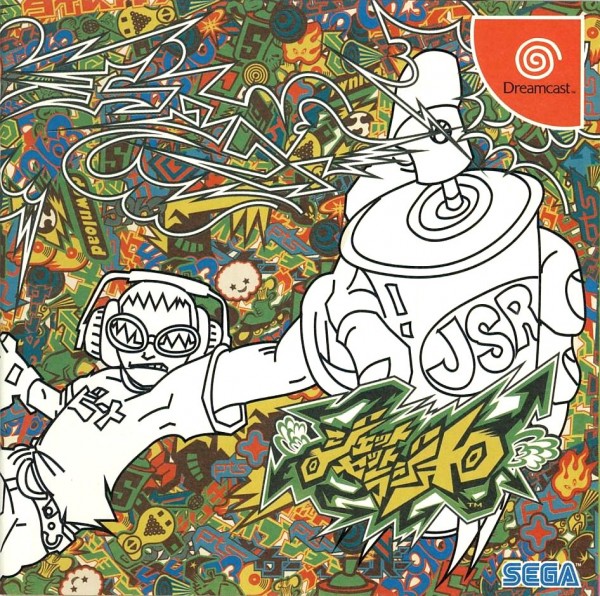
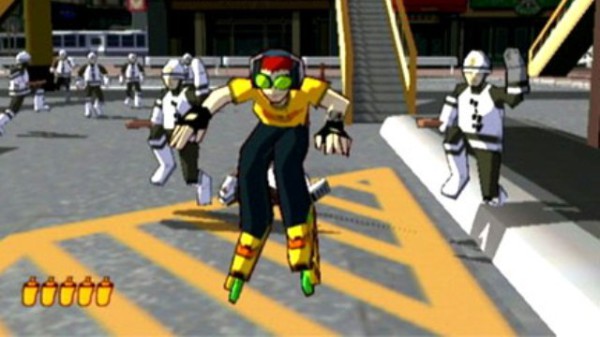
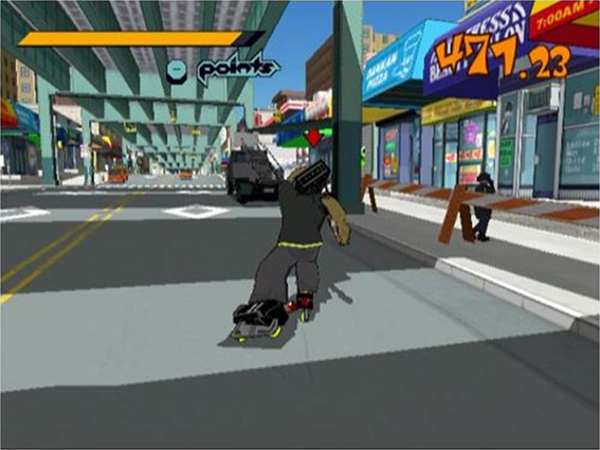
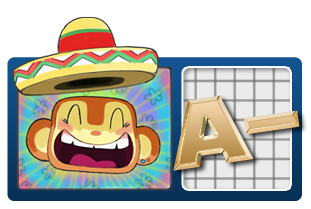
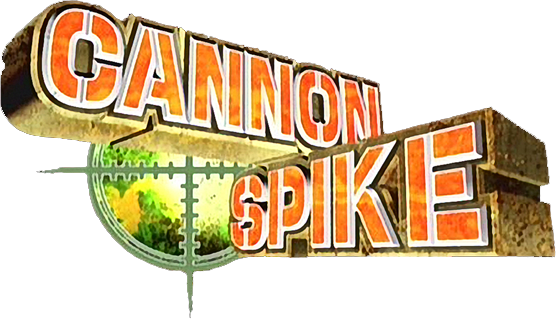

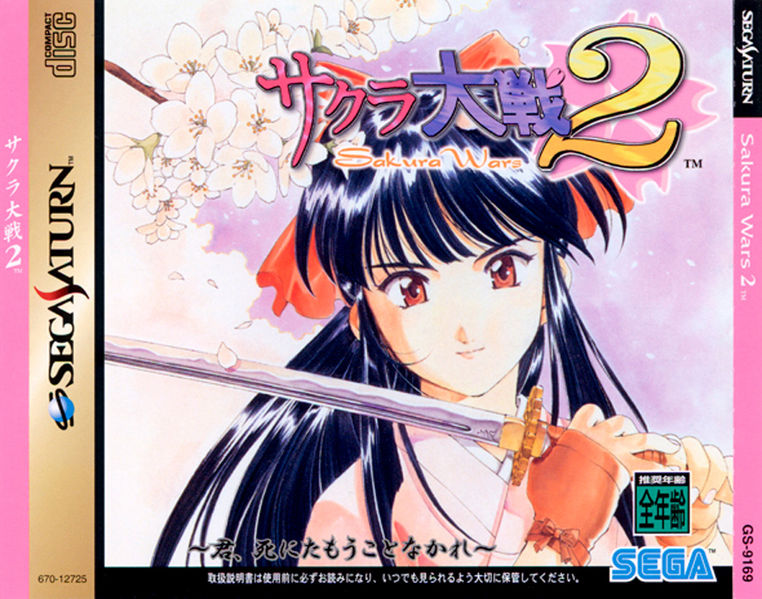
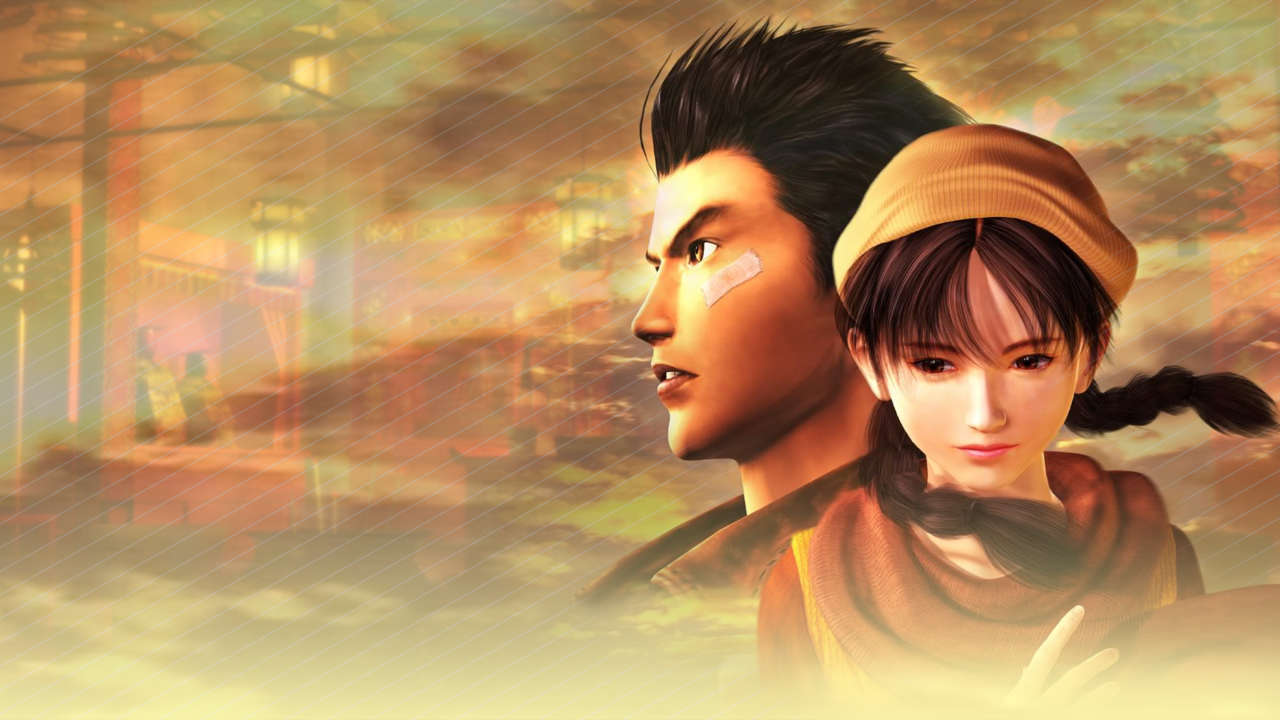
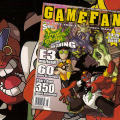
I know it will never happen but I still want a third game in the series.
After the HD rerelease, I have a real hard time playing this game with only one analog stick. And yeah, the controls are very loose.
Man the art is so good. Such an iconic franchise.
I remember reading that Future solved some mechanics problems with the first game?
Future’s incredibly different. It fixes some problems, creates some new ones, but overall it’s hard to compare them because they’re so different.
JSR’s more of an arcade-y, quick burst of play type of game, while Jet Set Radio Future’s a more exploration-driven, free roaming adventure.
I really, really wanted to like this game…but the controls and speed of your characters in those stupid “Get to the Checkpoint before the Rival does”, has put me off this game almost indefinitely.
The game’s very finnicky on how you tag rivals in addition to a mere brush of them causes damage.
I’m sorry to say this, but I do disagree with the review.
The Story, Characters and setting are really cool, but the gameplay is hard to get into when SEGA can’t even get the controls right to make the game even more enjoyable. I understand you’re reviewing a game based in 2000, but I don’t ever recall even Sonic Adventure having such bad controls.
I initially loved the game. I appreciate its style, substance and uniqueness. However i seem to remember been frustrated by the game in later stages back when it was originally released.. I believe to this day this is why i havent bothered re-visiting the game. However, i believe anyone that hasnt played it should give it a whirl. As i tend to get easily frustrated and give up. I dont own any of the newer systems other wise i would give the remake a whirl.